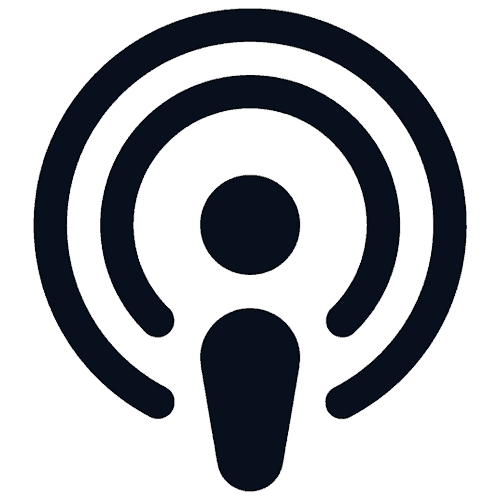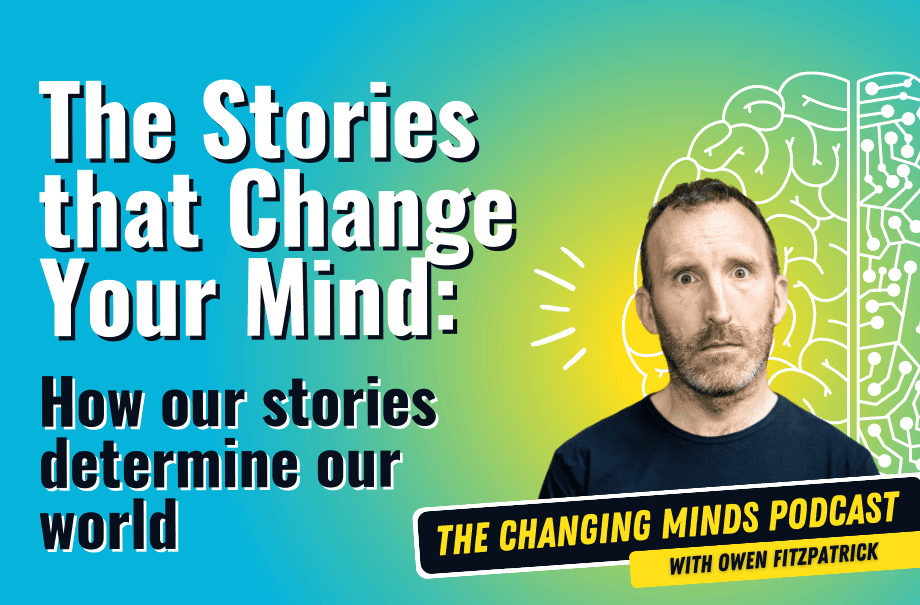Motivation is the feeling we get that prompts us to take action. An individual’s motivation may be inspired by others or events (extrinsic motivation) or it may come from within the individual (intrinsic motivation). It may involve the drive of pain or the drive of pleasure.
The Neuroscience of Motivation
The Ventral Tegmental Area is one of main areas Dopamine produced. Firing rate of Neurons produce certain amount of dopamine. More when expected reward. Less when don’t get reward. Reward prediction error is the gap between the release of dopamine and the achievement of the goal.
The Psychology of Motivation
Behavioural
Classical and operant conditioning
Classical Conditioning: Positive associations between a behavior and some trigger at the same
Operant Conditioning: Reward, Punishment, Reinforcement
Effective Reinforcement: Immediate, Intermittent where the desired behavior is connected specifically with reinforcement
A drive: a deficiency or need that activates behavior that is aimed at a goal or an incentive.
Drive-reduction theory grows out of the concept that people have certain biological drives, such as hunger and thirst. As time passes the strength of the drive increases if it is not satisfied.
Popular in the 1940s and 1950s. Abraham Maslow’s hierarchy of needs came along, which became an alternative to Hull’s approach.
Maslow’s hierarchy of needs
Maslow’s theory is one of the most widely discussed theories of motivation. The needs hierarchy system consists of five hierarchic classes. According to Maslow, people are motivated by unsatisfied needs. The needs, listed from basic to most complex are:
- Physiology (hunger, thirst, sleep, etc.)
- Safety/Security/Shelter/Health
- Social/Love/Friendship
- Self-Esteem/Recognition/Achievement/Reputation
- Self Actualization/Full Potential
Herzberg’s two-factor theory – certain factors in the workplace result in job satisfaction, but if absent, they don’t lead to dissatisfaction but no satisfaction. He distinguished between:
- Motivators (e.g. challenging work, recognition, responsibility) which give positive satisfaction, and
- Hygiene factors (e.g. status, job security, salary and fringe benefits) that do not motivate if present, but, if absent, result in demotivation.
Motivation can be divided into two different theories known as intrinsic (internal or inherent) motivation and extrinsic(external) motivation.
Intrinsic motivation – the self-desire to seek out new things and new challenges, to analyze one’s capacity, to observe and to gain knowledge.
Daniel Pink describes the three intrinsic drives as:
Autonomy: the need to have control over what you do
Mastery: the need to master something
Purpose: the need to be driven by a deeper purpose
Reiss Intrinsic Motivation drives:
- the need for food
- the need for sex and for beauty
- the need for exercise
- the need to be safe
- the need to raise children
- the need for friends (peer relationships)
- the need to be loyal to the traditional values of one’s clan/ethnic group
- the need for social justice
- the need for approval
- the need for organized, stable, predictable environments
- the need for influence of will
- the need to strike back and to compete
- the need for social standing/importance
- the need for individuality
- the need to learn
- the need to collect
Extrinsic motivation
Extrinsic motivation comes from influences outside of the individual.
Examples include: Rewards, Money, Punishment, Competition, Trophies.
Tony Robbins 6 Human Needs
Certainty
Variety
Significance
Connection
Contribution
Impact
Brendon Burchard 10 Charges
Control
Competence
Congruence
Caring
Compassion
Change
Challenge
Creative expression
Contribution
Consciousness
LINKS AND RECOMMENDED BOOKS
From Ordinary to Extraordinary Brian Colbert
Motivation and Personality Abraham Maslow
Podcast: Play in new window | Download






